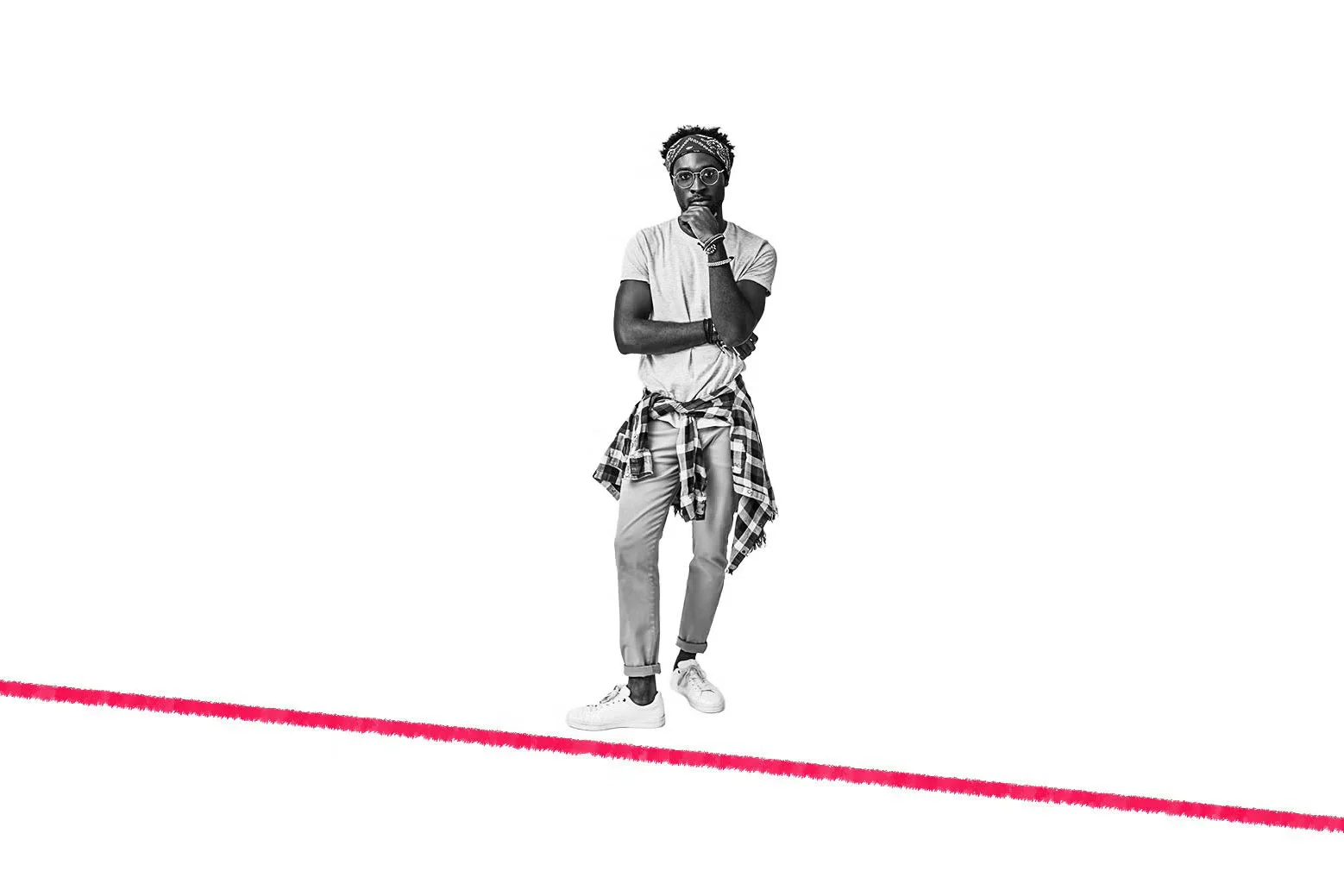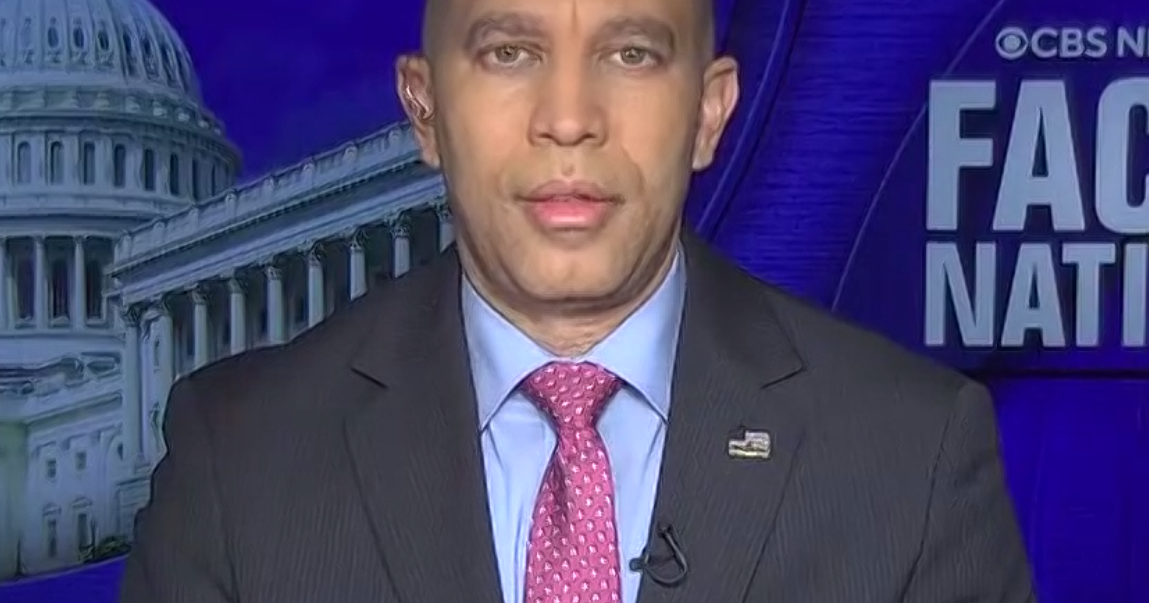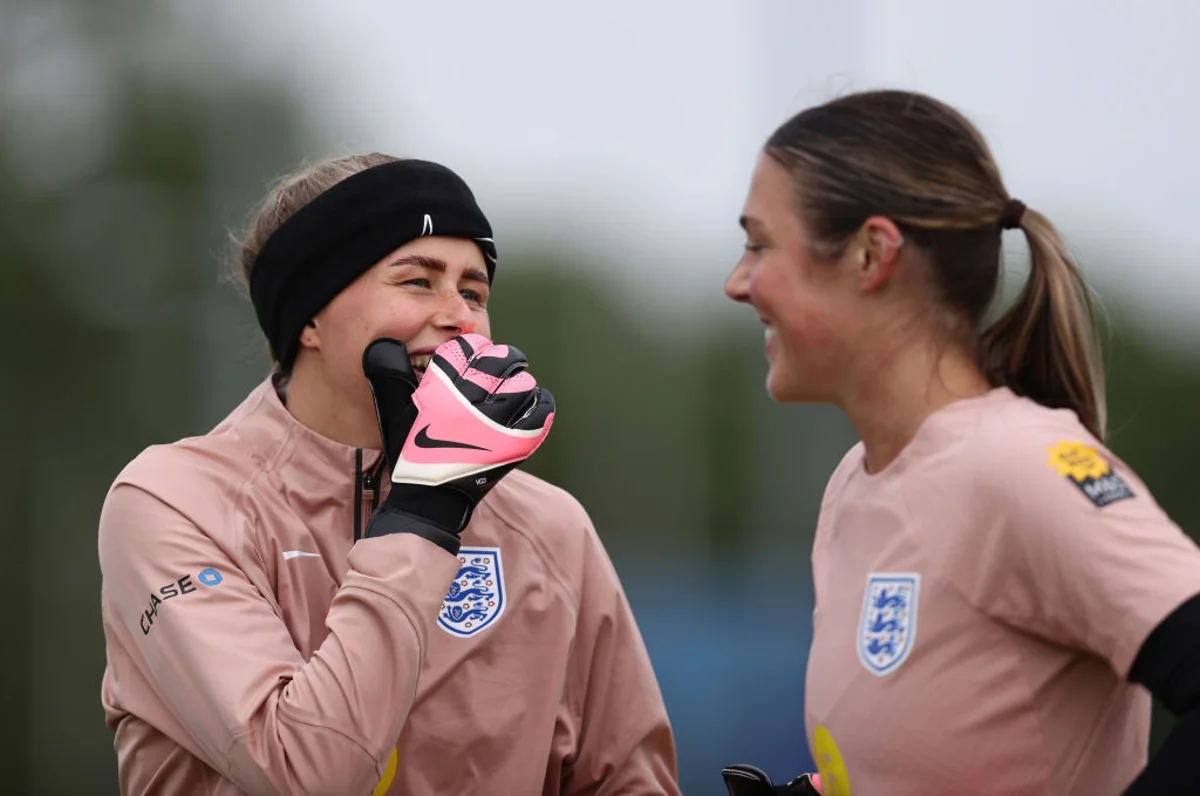Copyright Slate

Dear Prudence is Slate’s advice column. For this edition, Tony Ho Tran, a Slate senior editor, will be filling in as Prudie. Submit questions here. (It’s anonymous!) Dear Prudence, I am a queer man of color in my mid-20s. I grew up in a mostly white, conservative, rural town. It was hellish growing up there, dealing with constant microaggressions, racism, and homophobia. Even though I was not out of the closet at the time, I was constantly clocked as being gay and ridiculed as a result. Despite this, I had some incredibly close friends who were a godsend during that time. I eventually escaped to a progressive city, which I am quite happy to be in, and I have never looked back. After a lot of therapy, I realized how damaging being in that environment was, and I have shared this with those old friends of mine, some of whom still live in that town. We get together every so often when they come to my city. While seeing them is great, they often also want me to hang out with their families, with whom they are very close. Growing up, I was usually around them and their family, even being seen as an impromptu son in some cases, as my family was considerably pretty horrid. The issue is that some of those family members were my biggest tormentors! One dad in particular would say racist and homophobic things to me as a teenager, and even the thought of him makes my blood boil. Another friend’s mom made it clear about what she thought of the LGBTQ+ community, and I wish I had never known. These friends often want me to spend time with them and their families, and while I love my friends, I want nothing to do with their families! The conundrum is that if I tell them the truth, I fear our friendship would fall apart immediately, seeing how close-knit they are. I already cut several of my own family members out for their “political (shitty, bigoted) opinions,” and while it was painful at the time, my life feels so much better. But what should I do about my friends and their awful relatives? —Friends and a Hard Place Dear Friends, First, congratulations—not just for surviving your hometown, but for getting yourself somewhere safer and more accepting, and doing the hard work to heal. It’s not easy to leave the place that raised you, even if that place was terrible. The pull of the familiar can feel like gravity. Escaping it takes guts. You did that—and you should be proud. I get it—deeply. I am also a queer man of color who hightailed it out of a mostly white, conservative, rural town for a progressive city. (Albeit, I’m in my mid-30s, but that’s the last we’ll ever have to talk about that.) I know what it feels like to navigate your identity while also dealing with the racism, homophobia, and garden-variety small-town drama. For me, it was so bad that I’ve never actually formally come out before, so I suppose now’s a good a time as any: Hello, world, I am bisexual. There it is. The human version of Casper from the movie Casper made me feel some type of way when I was 12, and here we are today. All this to say: You owe absolutely nothing to the people who made your life miserable. You don’t have to forgive them, you don’t have to see them, and you definitely don’t have to play happy family for the sake of your friends. You are in your mid-20s. That’s a quarter century of putting up with people’s bigotry. They shouldn’t get one more minute of your time. You also don’t have to explain this to your friends if you don’t want to. When they visit, tell them you’d love to grab a coffee or a drink. If they try to rope their parents into it, you can say, “Sorry, but I don’t have the energy to do that right now. I’d love to see you if you have time, though.” That’s an honest and clear boundary that they should respect if they’re your friends. They might press the issue. Stay firm. This is your life. You’re in the driver’s seat. Not them. And if they are truly your friends and you believe they might respond empathetically, you can be honest: “When I was a teen, I heard your parents say some bigoted things about me. Being around them still hurts, so I can’t do family events.” Keep it about your feelings. It’s not an attack; you’re simply sharing your experiences. Reinforce that it’s not about your friends with a follow-up: “I still want to see you. Can we plan on something just for us when you’re in town?” I myself might try a different tack, though it’s not for everyone. There’s an old chestnut: The best revenge is success. Assuming you’re thriving now—and it sounds like you are—go out with them, show them a good time. If you’re in the same room as those old bigots, let your existence do the talking. Throw your happiness in their faces until they squirm. Show them that nothing they said or did could keep you down. But remember: You escaped their gravity. You don’t owe them your orbit. Dear Prudence, What’s your opinion on men who lie about their age on dating apps? I’m a 38-year-old woman, and a surprising trend that’s been flooding my feed is men who lie about their age. I’m open to dating men up to 49, because I think we’re still in the same stage of life, but a lot of these same men will claim to be in their mid-to-late 30s on their profile, and then they’ll include an asterisk at the end of their bio that says they’re “actually 47.” I find this to be a turnoff because they’re either ashamed of their age or only desire younger partners. But as a woman, I also understand that ageism is a real thing. I’ve never lied about my age, but do you think it’s possible to get over the ick? —Age Isn’t Just a Number Dear Age, I get why men do this. Age has always been a barrier in dating, and apps make it easier than ever to fib. What’s the harm of a little white lie, especially if love is on the line? But a person who is willing to lie to you before you even meet them is a person who will lie to you when you do. Yes, ageism is real. So is dishonesty, deceit, and creepy dudes so terrified by aging that they’d rather pretend to be born in a different decade. These men did you a favor by revealing themselves before you both ordered your drinks and sat down in the booth. Believe them—and let them wallow in their self-pity and questionable matches. Sure, it’s possible to get over the ick, but why would you talk yourself out of your own good instincts? Prudie Wants to Hear From You! Readers often have great suggestions for our letter writers, occasionally disagree with a point Prudie makes, or simply want to provide some additional advice. Each week, Prudie will be replying to some of these comments and suggestions from readers, which will be featured on the site on Fridays for Slate Plus members. Write to us! Dear Prudence, My partner and two kids (2 and 6) and I are American, but we have been living in a large cosmopolitan city outside the U.S. for about 10 years. Our life is great except that we really miss being close to our families. My partner now has the chance to apply for a job in a beautiful rural northern area of the U.S., with work opportunities for me also, near where we are from, and that would bring us within a three to five-hour drive of both our families. Are we nuts to think about moving back to the U.S. right now? Or foolish to pass up an opportunity to be closer to family? For what it’s worth, our current country of residence has a more stable political system than the U.S. at the moment, but might not be that far behind the U.S. trajectory. —Kings Here or “No Kings” Dear Kings, My family also moved to the U.S. in search of opportunities. Granted, they were leaving a developing nation stitching itself back together after a violent civil war fomented by, well, the U.S.—but I can empathize with the situation you’re in. Yes, everything in America feels deeply awful right now. The economy is being propped up by three chatbots in a trench coat. Masked goons patrol the streets to arrest longtime residents for the heinous crimes of teaching children and selling food. The country is being helmed by someone who seems determined to tear down everything good about America and replace it with everything that’s bad about it. A few weeks ago, my brother half-jokingly texted me that he and his girlfriend are planning an escape to Australia if things start to really go sideways. When I mentioned it to my parents, they scoffed. They’ve done this before. They know the pain it took to leave everything behind and start over. They weren’t interested in doing it again—and I don’t blame them. But then my mom told me something that’s been echoing in my head ever since: “It doesn’t matter where we live as long as we’re together.” For her, the only constant in life isn’t the government or the country or city you live in—it’s family. Things feel dire. For a lot of people, things are dire. But when the world feels like it’s ending, and you can’t rely on the old system, I remind myself that I can always rely on my family. You can probably say the same. Not everyone can—but we can. That’s a gift. If your family is your constant, then you can’t go wrong choosing them. Moving back isn’t absurd. Neither is staying put. Choose the life that lets you love your people most fully. You’ll need to measure the pros and cons beyond the potential collapse of America—money, stability, child care, visas, all that. I can’t help you there because I don’t have a green visor with an old-timey machine calculator to run your numbers. But if you find that the money and opportunity are worth it, then do it. Selfishly, I hope you do. The country could use more people like you—folks who can bring something better to it. I want you to find a good job and a good community. I want you to become everything good about America and be part of the cure for everything bad about it. If things get bad, and they probably will, wrap yourself with the love of the community you fostered and the family near you—or at least, ask them to babysit your 2- and 6-year-old every once in a while. —Tony Classic Prudie My son and his wife just don’t have the courtesy gene when it comes to acknowledging gifts. Somehow my son thinks it’s fine for me to ask, over and over again, “Hey, did you receive that gift I sent? I got an update that indicates that it was delivered.” He’s even said he considers this follow-up “[my] responsibility” as the sender. I hate doing that…



